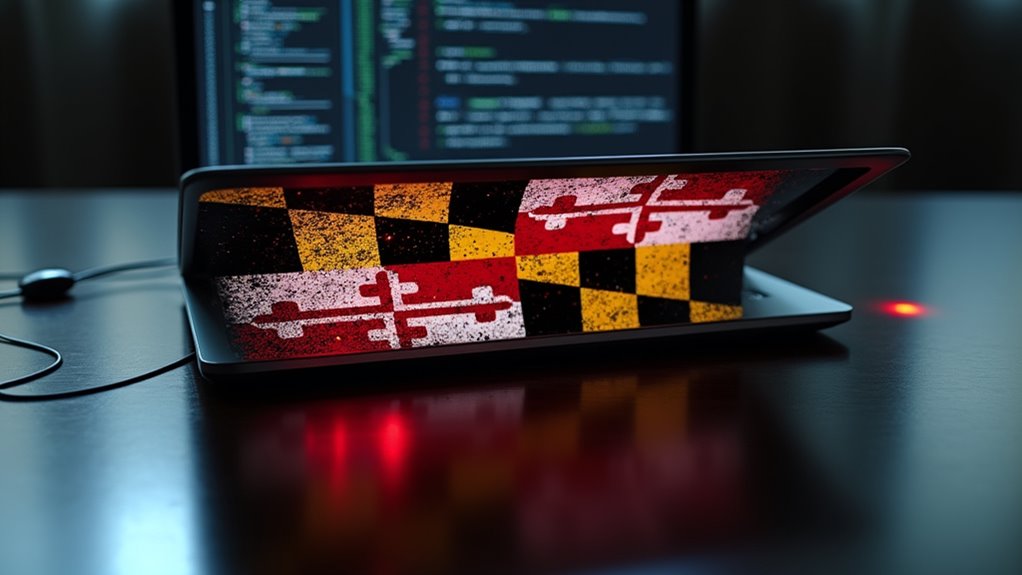Maryland lawmakers are feeling the deepfake pressure, with bills HB1425 and SB0905 aimed straight at AI-fueled election chaos and fake campaign videos that make Black Mirror look quaint. The proposed laws crack down on digital impersonation, letting victims sue fakers—even if the state’s not interested. No, these bills don’t force platforms to flag fakes or hand out disclosure stickers—this isn’t Texas. But as social media morphs into AI’s Wild West, the plot thickens just ahead.
Even in a world where your grandma’s Facebook profile photo might be a deepfake (sorry, Nana), Maryland is just now gearing up to fight the new breed of digital deception. The state’s lawmakers have decided it’s time to get serious about AI-fueled trickery, introducing two bills aimed at curbing malicious deepfakes and political manipulation. HB1425, courtesy of Delegate Wilson, and SB0905, from Senator Hester, are Maryland’s answer to the question: What do we do when anyone can make a convincing, but totally fake, campaign video—or, worse, impersonate your local mayor robocalling voters?
*Here’s the gist:*
- No more using AI to wreck reputations or drain bank accounts.
- Falsified audio, video, or text—if it messes with someone’s identity or election integrity? Off-limits.
- Malicious impersonation using digital wizardry? That’ll get you in hot water, too.
The HB1425 bill specifically prohibits the misuse of personal identifying information and the use of artificial intelligence for malicious purposes, giving Marylanders the right to bring civil actions against offenders.
If these bills make it past the finish line (hearings set for February 26 and March 11, with an October 1, 2025, start date), Marylanders can sue anyone weaponizing their likeness via AI—even if the state skips prosecution. The new legislation allows victims of specified conduct to bring civil action against offenders, opening the door for individuals to seek justice even in the absence of criminal charges.
There’s a catch, though. The burden of proof sits squarely on the victim’s shoulders, and the bills don’t spell out criminal versus civil penalties. No cash for enforcement, and no requirement for platforms to detect or label AI fakes. This approach to regulation exemplifies the ongoing challenge of creating ethical AI systems that address bias while ensuring accountability through regular audits.
Maryland’s move is part of a wider, somewhat frantic, national scramble—20 states already have deepfake laws, and 25 more are thinking about it for 2025. Texas and Minnesota have gone the “lock ’em up for election deepfakes” route, but Maryland’s bills skip mandatory deepfake disclosure labels and those “no monkey business 30 days before the election” windows.
Big questions remain:
- How do you separate parody from poison?
- Can you police AI fast enough, or will the tech always be one step ahead?
- And what about the First Amendment?
Campaigns face new risks, social media mods get headaches, and Maryland hopes to keep pace in a race where the finish line keeps moving—sometimes, faster than your grandma can update her profile pic.








